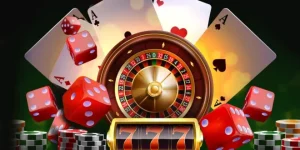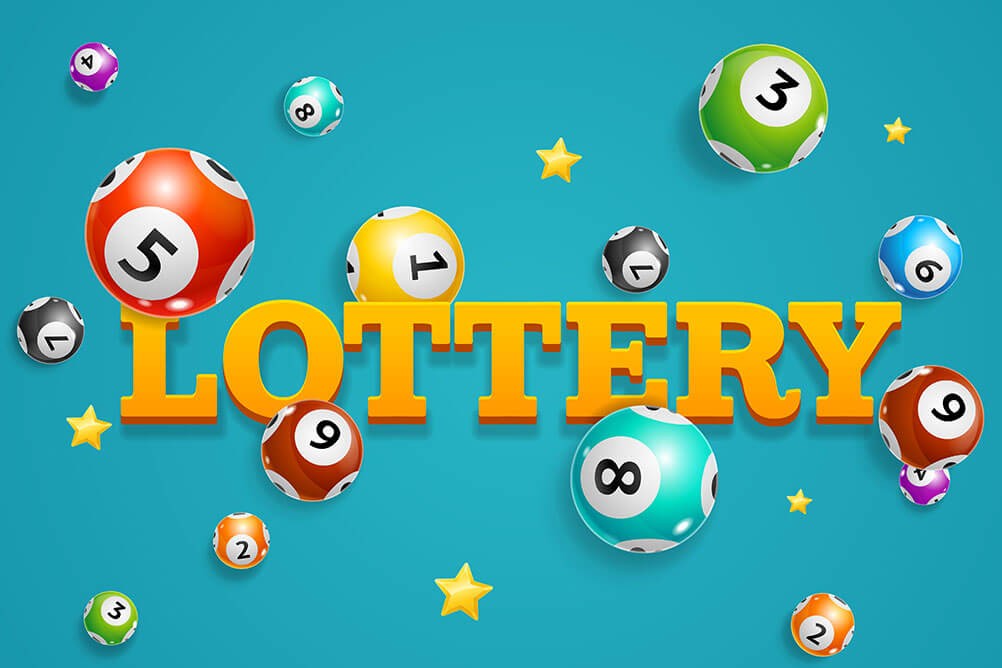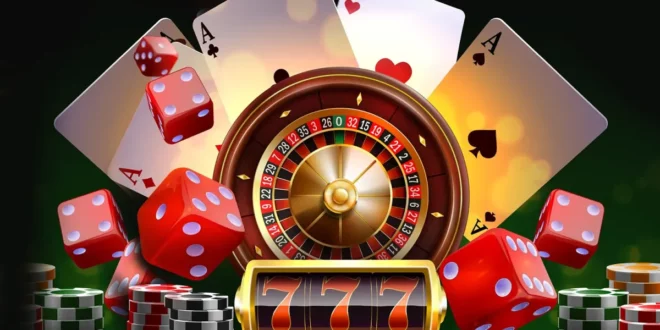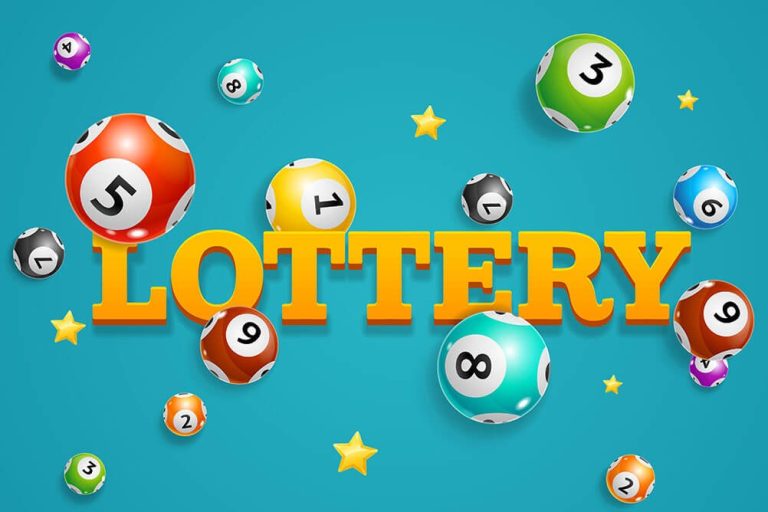The lottery is one of the most popular forms of gambling worldwide, attracting millions of players who dream of winning life-changing jackpots. Despite the overwhelming odds against winning, people continue to buy tickets regularly. What drives this behavior? The psychology behind lottery participation reveals a mix of optimism, cognitive biases, and social influences that keep players engaged result macau.
The Illusion of Control
One of the key psychological factors behind playing the lottery is the illusion of control. Many players believe they can influence the outcome by choosing specific numbers or following “lucky” rituals. This belief persists despite the fact that lottery draws are completely random. By picking their own numbers, players feel a sense of agency, making them more likely to keep playing.
Optimism Bias: “It Could Be Me”
Humans are naturally optimistic, and this optimism bias fuels lottery participation. Players tend to believe they have a higher chance of winning than they actually do. Even when presented with statistics showing the extremely low probability of winning, many still think, “Someone has to win, why not me?” This mindset keeps them coming back, even after repeated losses.
The Near-Miss Effect
Studies show that near-misses—when a player’s numbers are close to the winning combination—can increase motivation to play again. A player who gets four out of six numbers right might feel like they were “almost there,” reinforcing the belief that a win is within reach. This psychological effect is commonly observed in slot machines and other forms of gambling as well.
The Thrill of Possibility
For many, the excitement of imagining what life would be like after winning is a major reason to keep playing. The moment of buying a ticket and waiting for the results brings a rush of anticipation. The potential for financial freedom, luxury, and the ability to help loved ones creates a powerful emotional experience, even if the actual chance of winning is slim.
Social Influence and Group Play
Lottery playing is often a social activity. Many workplaces, families, and friend groups participate in pools where they buy tickets together. This fosters a sense of community and shared excitement. The fear of missing out (FOMO) also plays a role—if colleagues or friends are participating, individuals are more likely to join in to avoid feeling left out.
The “Gambler’s Fallacy”
A common misconception among lottery players is the gambler’s fallacy, the belief that past results affect future outcomes. For example, if a particular number hasn’t been drawn in a long time, some players assume it is “due” to appear soon. In reality, each lottery draw is independent, but this mistaken belief keeps players convinced they are improving their chances by playing consistently.
Sunk Cost Fallacy: “I’ve Already Invested Too Much”
People who have been playing the lottery for years may continue doing so because of the sunk cost fallacy—the idea that stopping now would mean wasting all the money they have already spent. Instead of viewing each ticket purchase as a separate event, they see it as part of a long-term investment, even though past losses have no impact on future results.
The Small Wins Keep Players Hooked
Even though jackpots are rare, smaller prizes (such as winning a few dollars or getting a free ticket) reinforce continued participation. These small wins trigger the brain’s reward system, making players feel like they are making progress. This intermittent reinforcement is a key reason why gambling, including the lottery, can become addictive.
The Role of Advertising and Marketing
Lottery companies use emotional and aspirational marketing to encourage play. Advertisements often highlight real winners, making people believe that winning is possible. They focus on positive stories rather than the millions of players who didn’t win, reinforcing the illusion that success is within reach.
Conclusion
The psychology behind lottery participation reveals a fascinating mix of cognitive biases, emotions, and social influences. While most players understand that the odds are against them, the dream of a better future, combined with the thrill of possibility and small rewards, keeps them coming back. Whether for entertainment, hope, or habit, the lottery remains an enduring global phenomenon.

























+ There are no comments
Add yours